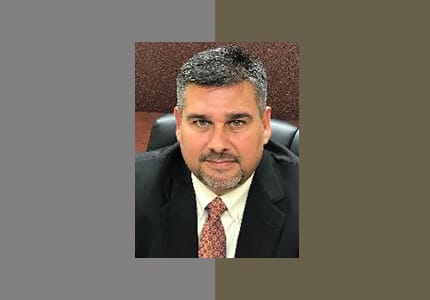Happy hour specials can seem very tempting after a long day at work. Some professionals impulsively stop off for a drink on their way home because of a long and stressful day. Others might arrange to meet coworkers or possibly clients at a restaurant or bar with excellent happy hour specials.
A drink after a difficult day at work can help people unwind and set the tone for a relaxing evening. Unfortunately, some people won’t make it back home after stopping off at happy hour. Occasionally, people get pulled over by police officers during the afternoon rush hour. They might then get arrested for a driving while intoxicated (DWI) offense despite limiting how much they drink. How could a happy hour put someone at risk of the DWI arrest?
Motorists may underestimate their impairment
It is difficult for people to accurately estimate how much the alcohol they consumed has affected their driving ability. Even someone who knows their own limits can make a mistake when they want to head home after a long day.
Certain factors that are common during a stressful day at work could increase the risk of someone having a higher blood alcohol concentration (BAC) than they expect when leaving happy hour. For example, if someone worked through their lunch, especially if they previously skipped breakfast, the alcohol they consume could have a much stronger and more noticeable impact than it would if they drink after enjoying a meal.
Other times, someone stopping off at happy hour just wants to get a drink in and then get home quickly. They might down the drink in a matter of moments and leave the bar shortly afterward. It takes the body roughly an hour to break down the alcohol included in one drink. If someone has a mixed drink with multiple shots of liquor in it, like a Long Island iced tea, leaving right after they finish the drink could lead to an unexpectedly high BAC test result.
The details leading to someone’s arrest often play a major role in the best defense strategy. Identifying times when someone’s chance of getting arrested for a DWI is higher than usual might help people avoid charges that could result in life-altering consequences.

